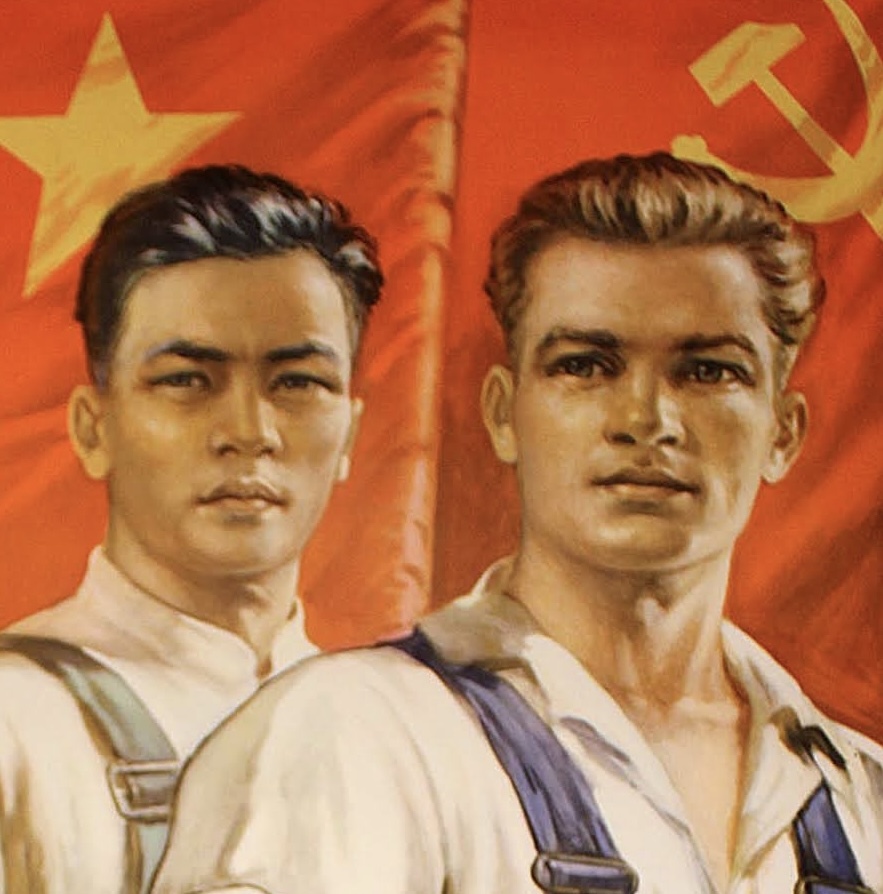I’ve heard this term a couple of time but never actually looked into it, and it is such an alien concept to me right now. I apologise in advance for sounding dumb here.
I can understand slums and favelas having a harder time getting access to fresh food, but how come entire government-recognised and incorporated neighbourhoods with electricity, water and all those more complex services can’t have small grocery stores for basic healthy things like rice?
Many communities have no grocery stores nearby. Those that are there are often understaffed. Meanwhile, dollar stores and McDonald’s are everywhere. Amerikkkan car culture and Suburbia has concentrated stores often like half an hour outside the city. If you don’t have a car it’s not accessible. Few want to carry a bunch of bags of groceries on a bus for an hour (if they have the transportation infrastructure). Healthy grocery stores like Whole Foods don’t want to go into poor communities because they can get more money from those who can afford the higher prices they want to charge. As these problems disproportionately affect non-white people, some have opted to call it “food apartheid” rather than desert as the latter suggests it’s natural.
I’m no expert, but as a USian who’s heard a bit about it I thought I’d comment. I can’t think of any further reading.
What is stopping people from turning empty lots in those poor communities into small food-growing plots or growing chickens? Is it some kind of regulation? Some fruits are very easy to grow and iirc they’re expensive in there, so I can’t see how there’d be a lack of incentive for plant-only shops. I’ve seen even places with lawns in some videos about food deserts, and one could definitely grow some orange trees or a couple chickens in those and even supplement income that way by selling to neighbours.
Laws.
In the same way that you said you could see it happening in favellas and slums. In those places in non 1st world countries the rules are so unenforced its probably easier to get access to fresh food because all you need is some guy with a pickup truck to.drive to the market every day, load up, drive back and set up a stall.
Doing anything permanent or even semi permanent in a 1st world country involves insurances, permits, vehicle inspections, taxes, zoning, city council…
There’s laws. There are farmers markets, but they’re often overpriced. There are community farms, and some good work I’ve heard being done with that and trying to get people to have plants like blueberries, but there’s also a stigma in the black community because they see farming as reminiscent of slavery.
Thanks, I think I get it a bit better. One more for my list of “US quirks to tell aspiring expats about to ruin their hype,” alongside the existence of the KKK, ICE and lack of state healthcare among other things. What a strange country, invading Caribbean nations to keep rice prices down, but then feeding their people on burgers and cheetos.
If you want to shock someone while talking about the KKK, tell them about the PATCON (patriot conspiracy) operation where the FBI infiltrated far right groups and instead of trying to sow division or shut them down, they used it as a way to covertly fund them.
One encouraging trend I’ve been noticing lately is immigrant communities moving into poor neighborhoods and setting up ethnic groceries in low-rent buildings or lots . Because immigrant communities tend to concentrate in areas, that guarantees a market for what would otherwise be a niche product. Then other poor US-born neighbors start shopping at those stores simply because they’re local and sometimes even walkable.
deleted by creator
Dollar Generals have at least started selling produce, whether it’s fresh is debatable.
deleted by creator
Where does the local produce even go to in the case of rural areas? I assume they do a lot of monoculture, but there’s always space for a chicken or a dozen in large enough farms, and other fresh stuff one can sell to their village people.
Are you outside of the US? It might be hard to explain, I used to deliver post to a rural American ‘town’, they had folks who sold chicken eggs by putting them in a cooler by the highway with a box, you could leave money in the box and take eggs. I never saw anyone do this. There was no centralized location to sell produce in this ‘town’ so I assume you either ate it or threw it away. Many American rural areas have no infrastructure to facilitate community gatherings or farmer’s markets.
deleted by creator
Do they really not sell even beans or potatoes at those? This seems so backwards, considering how cheap those are to make and how they often last longer than some industrial food.
It’s not that they don’t have affordable food, it’s that they create large areas around them where they are the only reliable or affordable option. People will have to travel half an hour or more one way to get their groceries because everything else has shut down or is far too expensive. The food they offer is also usually pretty bad for people, so it’s a double whammy.
deleted by creator
They do, its just slightly more expensive than the overly proccessed stuff.
Health consciousness in America is about as equally as low as people’s class consciousness and requires a similar sort of de-programing that you need to become a socialist. Recently I started learning about the carcinogenic garbage that they put in commercial soaps and now I’m going to be sticking to more natural stuff from now on.
deleted by creator
deleted by creator
Whatll happen is grocery stores stop making money and start losing money, so they shut down.
Usually the explanation is extremely high theft, and usually theres evidence to support high theft. Might be bullshit, but I cant imagine a company shutting down a store that makes money.
Grocery stores don’t work for free, truckers don’t work for free, farmers don’t work for free.
Intrepetation is up to you.






